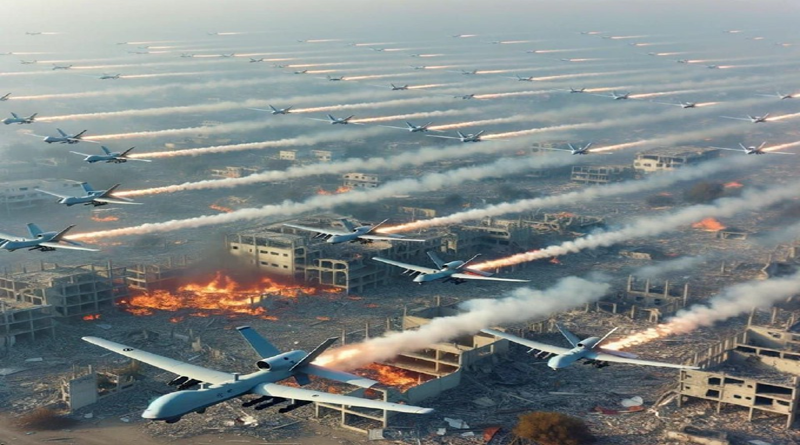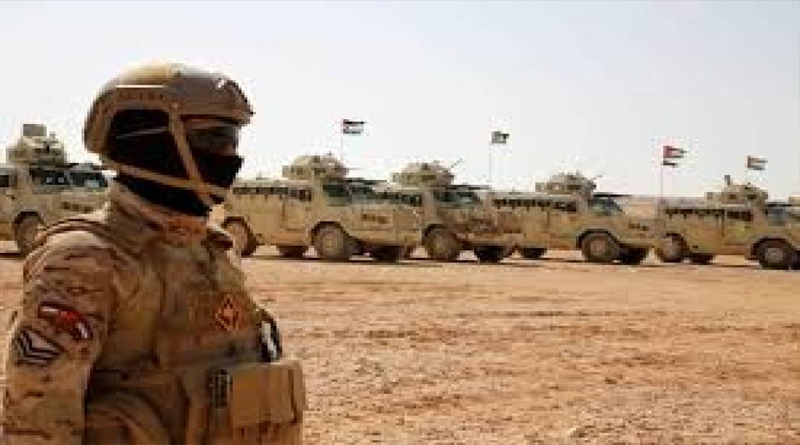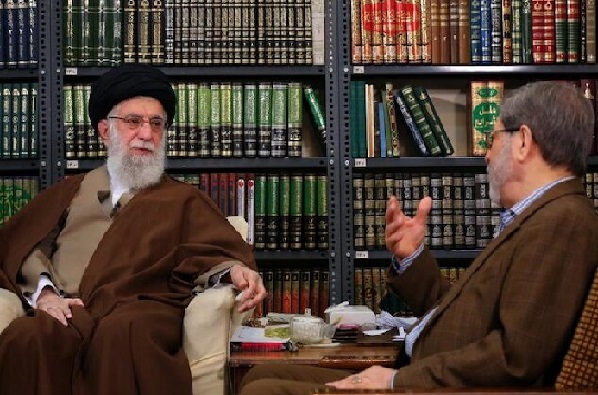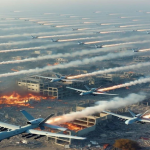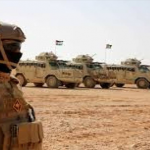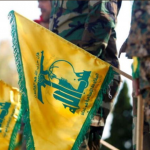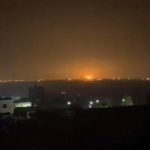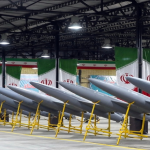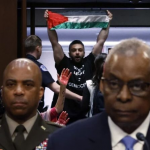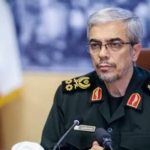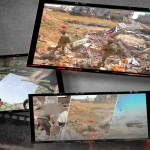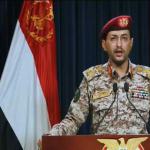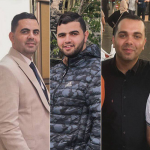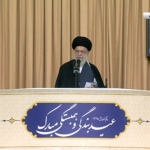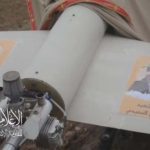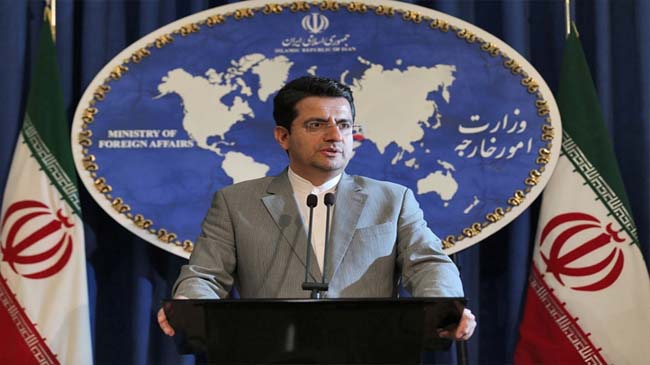
Noting Iran’s proposal for signing a non-aggression pact with regional countries, FM spokesman Mousavi said there is currently no prospect for talks with US.
“The Persian Gulf littoral states are among the most important neighboring countries for Iran; therefore, what foreign minister Zarif has put forward- i.e. the non-aggression pact- is not a new topic,” Sayyed Abbas Mousavi said in a news conference on Tuesday.
“Iran does not want to be in an insecure and stressful region,” he underlined.
Iran, in the past years, has always reiterated its readiness to sign a non-aggression pact with regional countries in a bid to build trust and confidence, and help eliminate concerns originating from other countries’ fear-inducing tactics. Most recently, Foreign Minister Zarif in a meeting with Iraqi President Barham Salih in Baghdad on Saturday repeated the suggestion to Persian Gulf states to sign a non-aggression pact. The move was praised by Russian FM Sergey Lavrov as the first step to reduce regional tensions.
Addressing Trump’s recent claims that the US is “not looking for regime change” in Iran, rather all pressures are aimed at preventing Iran from achieving nuclear weapons, Mousavi said that “Iran is not interested in empty rhetoric and pays more attention to behaviors and will decide and act upon them.”
“We do not have any talks with the US, and our basis is on respecting international pacts to which the US can return,” Mousavi said.
The US’ illegitimate withdrawal [from the nuclear deal] and some of its illusions have ruined any chance for negotiations, he said, adding that currently there is no prospect for talks with Washington. “We should wait for new developments,” he added.
Elsewhere, he noted Zarif’s recent regional tour to India, Turkmenistan, Syria, Japan, Pakistan and Iraq, saying the visits have been in line with clarifying Iran’s stance. He also voiced hope that a new round of talks would commence with Iran’s northern neighbors at the ministerial and even head of state levels.
Mousavi then criticized European’s flimsy commitment to implementing JCPOA, saying that Iran always gives diplomacy a chance, but that does not mean pinning its hope on Europe.
He added that Iran expects Europeans to act within the set 60-day deadline by Iran and if they do not do so Iran will take the next step regarding its reduction of commitments to the JCPOA.
Addressing the latest situation of EU’s trade mechanism INSTEX, Mousavi said that the first transaction between Iran and Europe has been done. Some Iranian INSTEX-experts have traveled to Europe and have conducted some negotiations. A group of European INSTEX managers will travel to Iran in future to continue talks, he added.
About other countries proposing to mediate between Iran and US amid heightened tensions, Mousavi said that “we are not at that level yet, since having other countries to mediate needs some requirements. It is vital to pay attention to the roots of Iran-US tensions, which are in the reinforcement of sanctions on Iran, US’ illegal withdrawal form JCPOA and its economic terrorism.”
He also noted that Zarif’s meetings with US senators cannot be translated as holding talks with the US since Congress members are not considered as US government officials.

